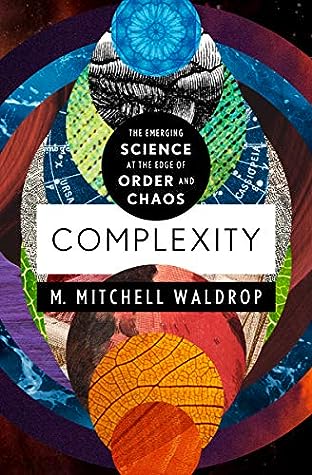More on this book
Community
Kindle Notes & Highlights
Read between
December 30, 2021 - January 8, 2022
“Instead of solving incredibly complicated equations, he taught me to keep simplifying the problem until you found something you could deal with. Look for what made a problem tick. Look for the key factor, the key ingredient, the key solution.”
“I realized that I had been terribly unsophisticated about biology,” he says. “When you’re trained the way I was, in mathematics and engineering and economics, you tend to view science as something that only applies when you can use theorems and mathematics.
the more niches that spring up dependent on a given technology, the harder it is to change that technology—until something very much better comes along.
So much time was being spent on trying to absorb the mathematics that I thought they often weren’t looking at what the models were for, and what they did, and whether the underlying assumptions were any good.
Maybe if they all had lower IQs, they’d have been making some better models.”
the very act of filling one niche opens up more niches—for new parasites, for new predators and prey, for new symbiotic partners. So new opportunities are always being created by the system. And that, in turn, means that it’s essentially meaningless to talk about a complex adaptive system being in equilibrium:
There’s a big difference between having passed the courses and knowing the material.”
“Optimal relative to what?” Holland replied. Talk about your ill-defined criterion: in any real environment, the space of possibilities is so huge that there is no way an agent can find the optimum—or even recognize it.
complex behavior need not have complex roots,”
So it’s like a kaleidoscope: the world is a matter of patterns that change, that partly repeat, but never quite repeat, that are always new and different.
You apply available force to the maximum effect. You don’t waste
“So the question is how you maneuver in a world like that. And the answer is that you want to keep as many options open as possible. You go for viability, something that’s workable, rather than what’s ‘optimal.’
incentives for the world economy to live off nature’s “income” rather than depleting its “capital.”


